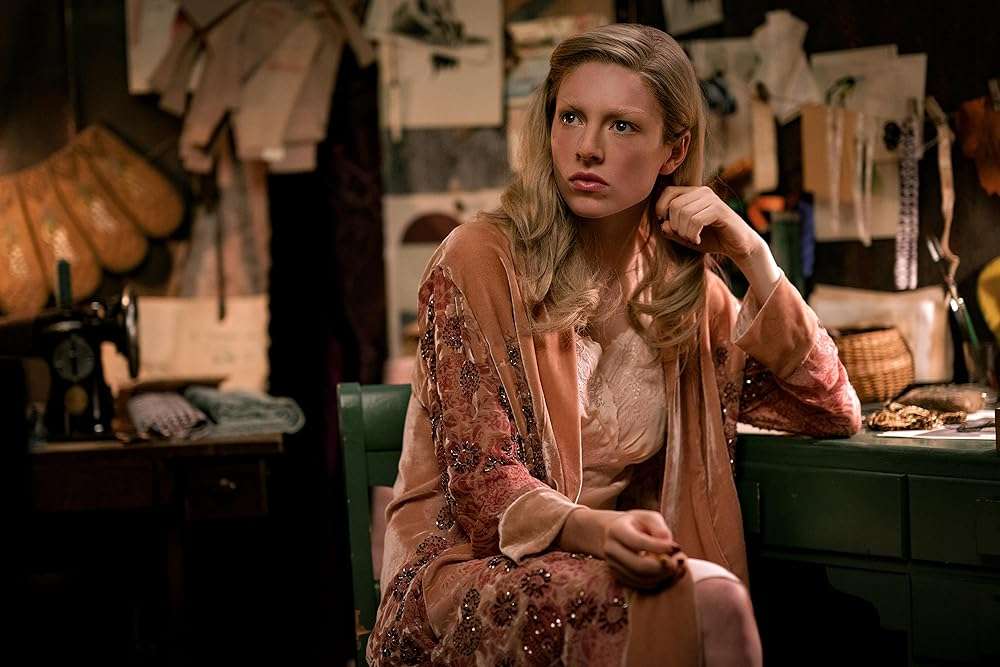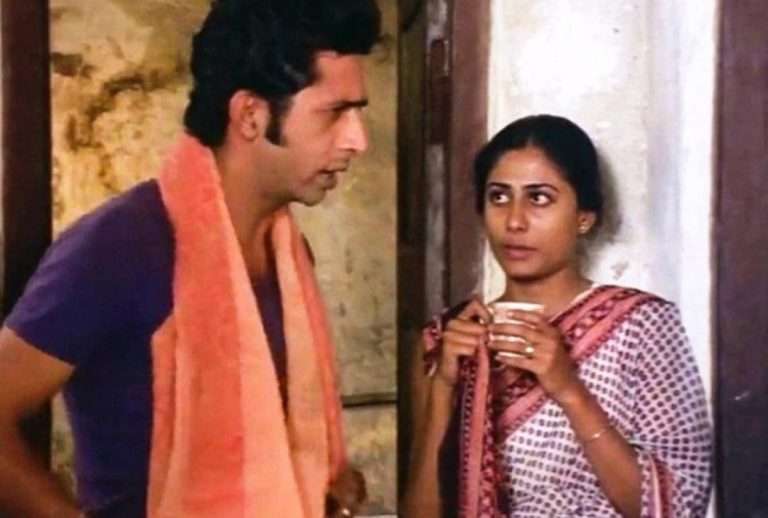Tying into established franchise themes, “The Hunger Games: The Ballad of Songbirds & Snakes” is about sacrifice and opportunity. We root for Coriolanus Snow (Tom Blyth) despite knowing the terrible, sadistic ruler he will become about 60 years into the future. This orphan lives a gilded life within the walls of the Capitol, desperate to re-inherit the wealth his family lost. Coriolanus’ eminent father and family name hang over him, serving as both protection and burden. Coriolanus clings to his history as a Snow and expresses pride in his lineage, repeatedly uttering the phrase, “Snow lands on top,” throughout the movie.
From the start, Coriolanus’ actions illustrate a clash between the interests of the self and the many. He must mentor his District 12 female tribute, Lucy Gray Baird (Rachel Zegler), in order to win a scholarship to attend university, something he is otherwise unable to afford. His seemingly benevolent actions and sacrifices – meeting his tribute in person at the train station, highlighting her unique talents and charms on camera to gain sponsorships, and even risking his life and position as an Academy student – are tinged with ulterior motives. Who or what is he truly doing all this for?
We can tell from the moment we meet Lucy that she is different from the other tributes, each of whom quakes with fear when their name is called. Her colorful dress is unlike anything we have seen in District 12 before, including in past movies, and her act of defiance at the Reaping does not befit someone walking to their death. Lucy Gray is subversive by her very nature: she’s a nomad without a home to turn back to who’s forced to remain in this coal-mining district by Capitol decree. We catch glimpses of Lucy’s strength and composure in the face of almost certain death.
During the Reaping, members of her “covey,” the nomadic group she lives with, sing in solidarity to give her strength as she delivers her chilling song. The defiant look in her eyes, coupled with the raw frustration and rage towards the injustice of her Reaping, captures not only the hearts of the Capitol but audience members as well. She finishes her song with a bow, a gesture any avid “Hunger Games” fan will recognize. This Easter egg is a callback to Katniss Everdeen adeptly shooting an arrow toward and bowing in mockery of the apathetic Gamemakers who underestimate the odds of a female tribute from District 12 prevailing.

Songs to stir unrest and sow seeds of rebellion are a common tool wielded by the districts. We finally see the creation and inspiration behind “Hanging Tree,” which rebels adopt in their struggle against the Capitol’s regime. Lucy Gray’s rendition contains embellishments and vocal techniques that Katniss’ lacked, but that’s to be expected, as tunes passed down over generations shed certain qualities. For fans, hearing the song in its original glory delivers a certain sense of completion. Lucy Gray’s performance during the Reaping draws attention to the songbird, and attention is just what the failing 10th Annual Hunger Games needs.
Viewership of the barbarous event has, by this point, declined, and Gamemakers are desperate to regain the Capitol’s attention. The purpose of the games is questioned over and over again. Is it to keep the tributes in check, lower morale, and prevent any future revolts? To remind the Capitol that the districts are savages and will resort to violence given the right conditions? With popularity fading, Coriolanus introduces elements to the depraved competition with which fans of the original trilogy should be familiar – interviews, sponsorships, and even spoils for the victor.
We see just how the games have transformed over the decades. Technology that can control the weather or shoot fireballs and accurate drones for food and weaponry have not yet been invented. Instead, there is just open space for all the tributes to maul each other to death like gladiators. Compared to the elaborate arena that will host the event in 60 years, this battleground looks primitive, conveying the atrocity of children murdering one another more directly and without the bells and whistles to which future Panem citizens will be accustomed.
Suzanne Collins’ story answers questions fans have had over the years through her world-building and character exploration. We learn more about the games’ creation, the Snow family’s role in perpetuating this violence, and why entertainment for the Capitol trumps even the lives of innocent children. Reactions to the movie prove fans are still interested in “The Hunger Games.” “The Ballad of Songbirds & Snakes” doesn’t feel like a soulless cash grab piggybacking on the success of prior entries and instead opens up exciting possibilities for future expansions of Collins’ world.






